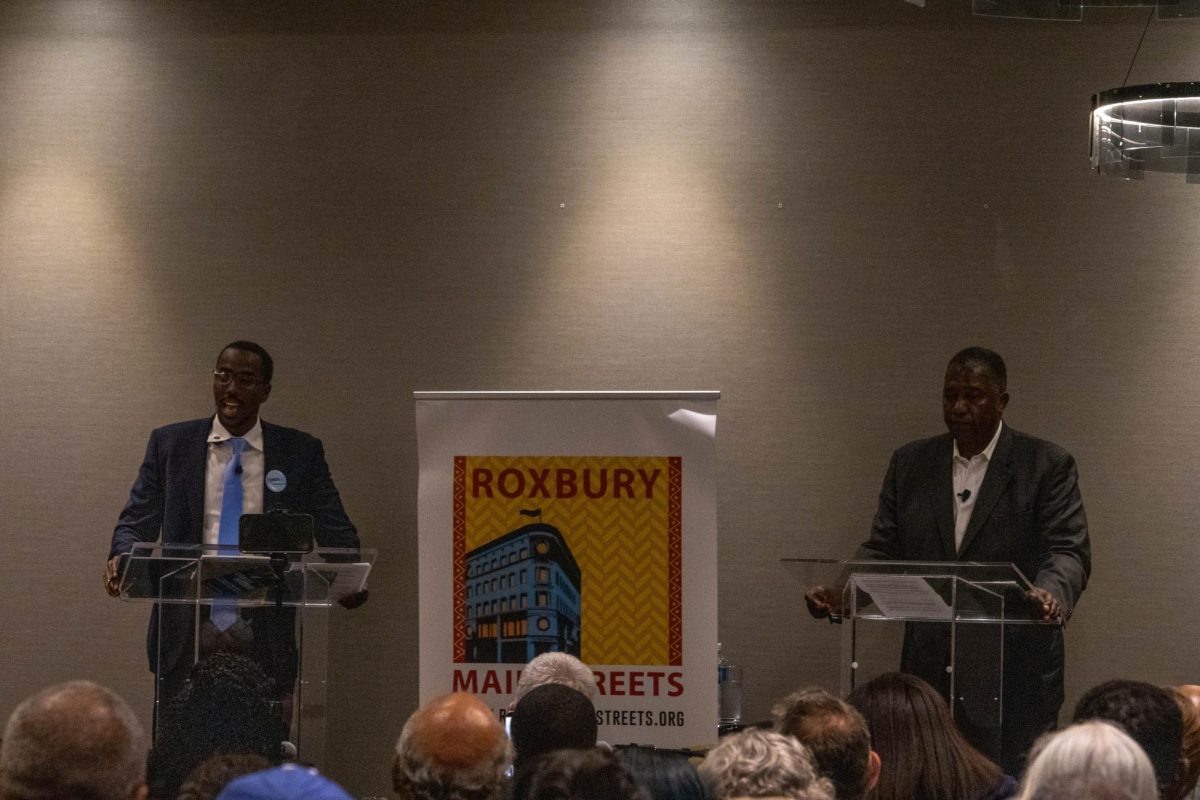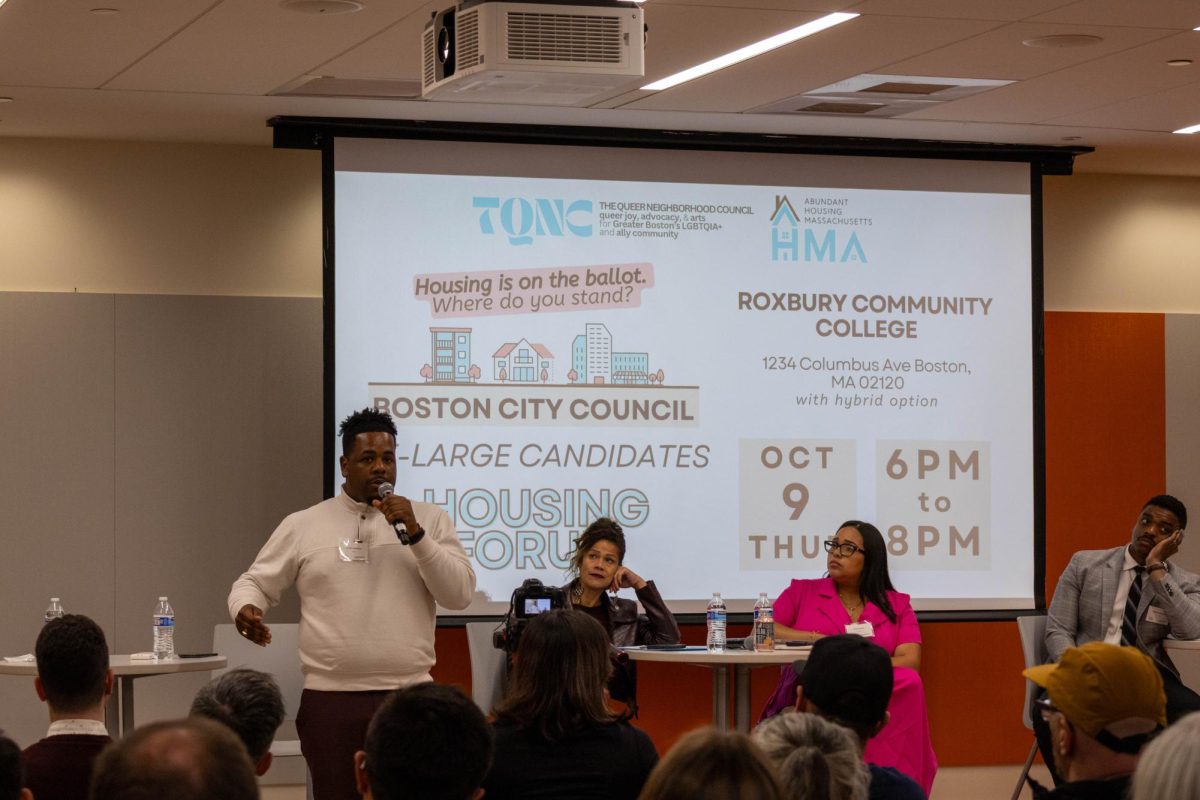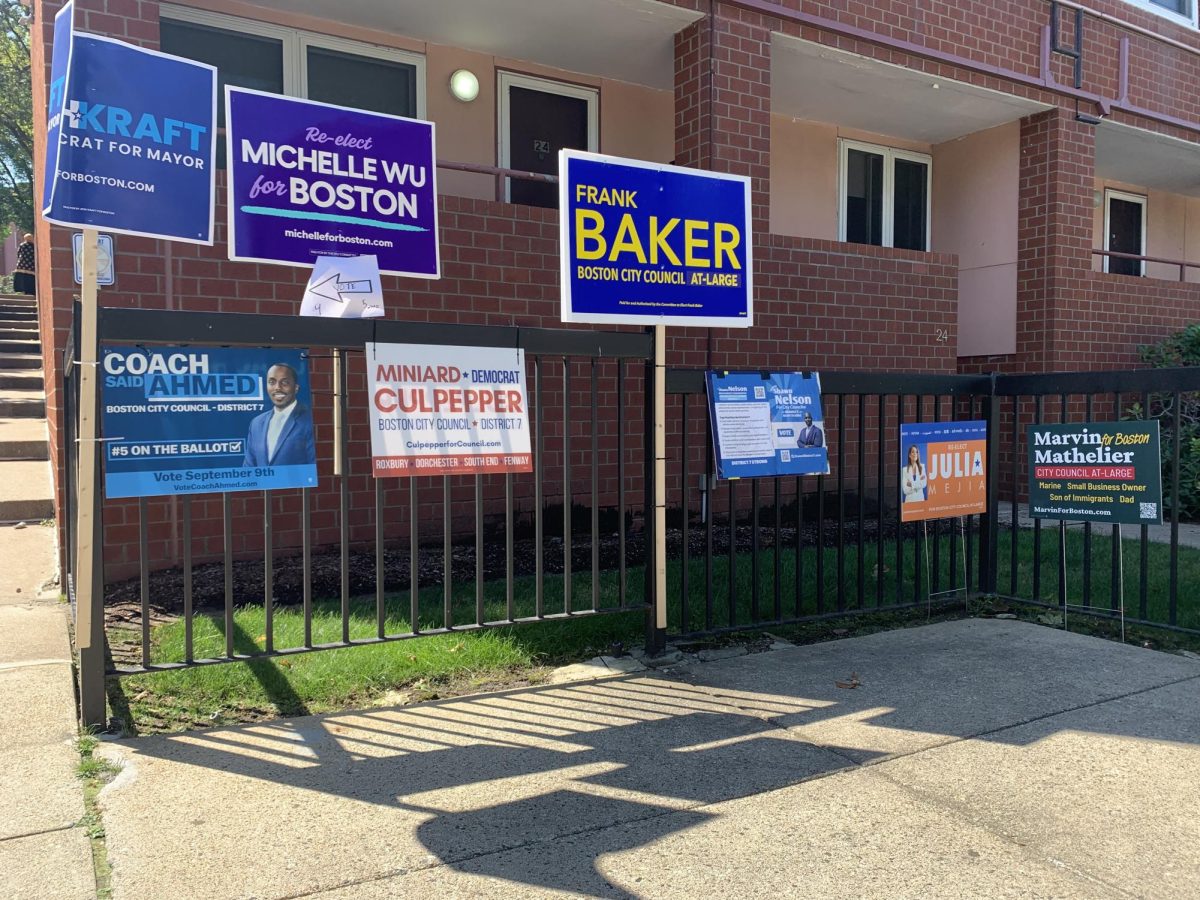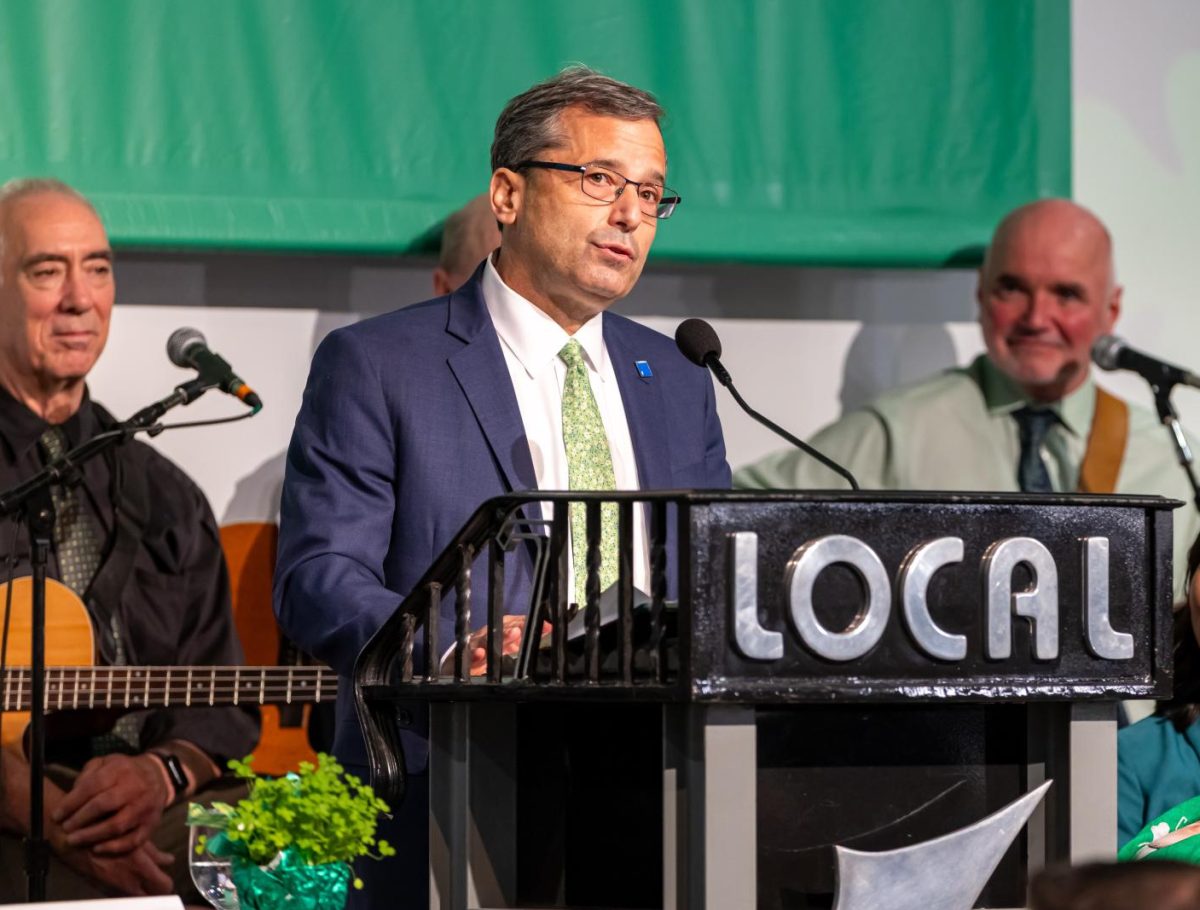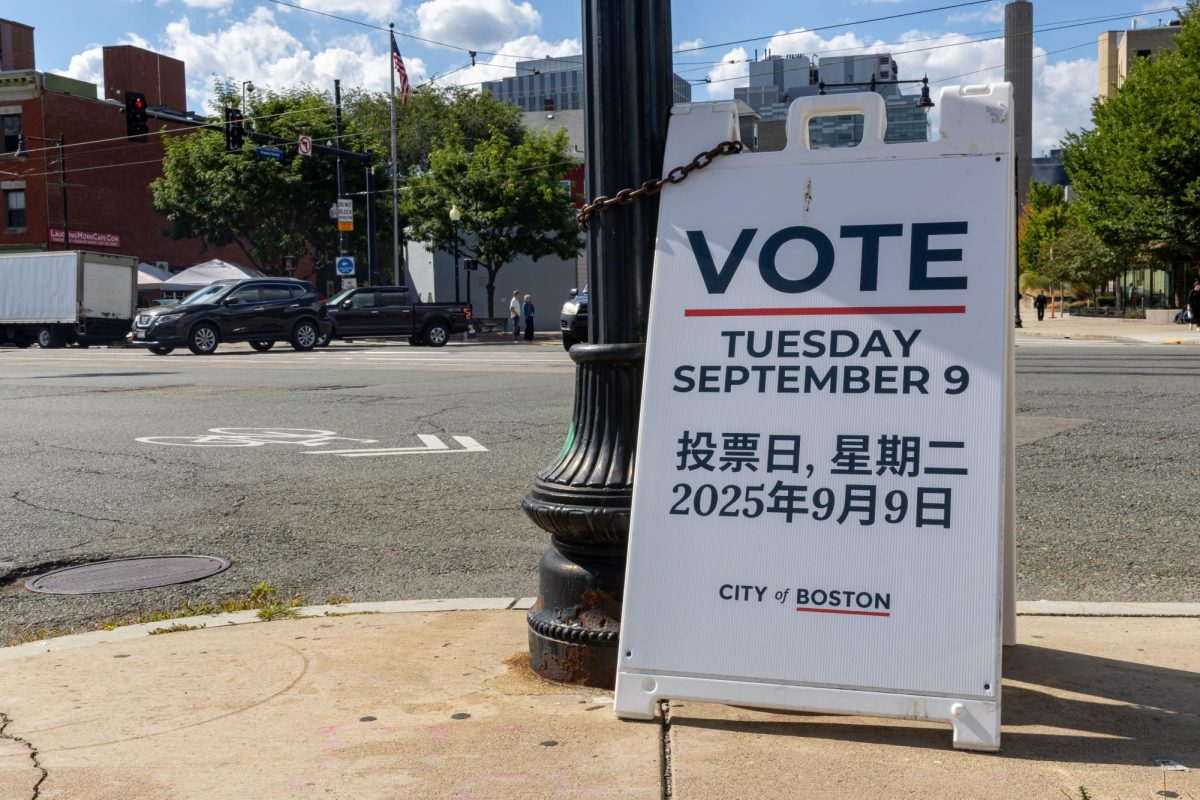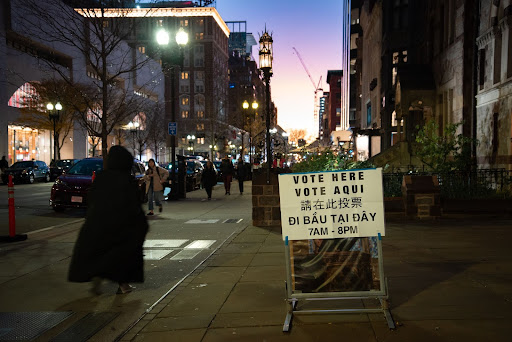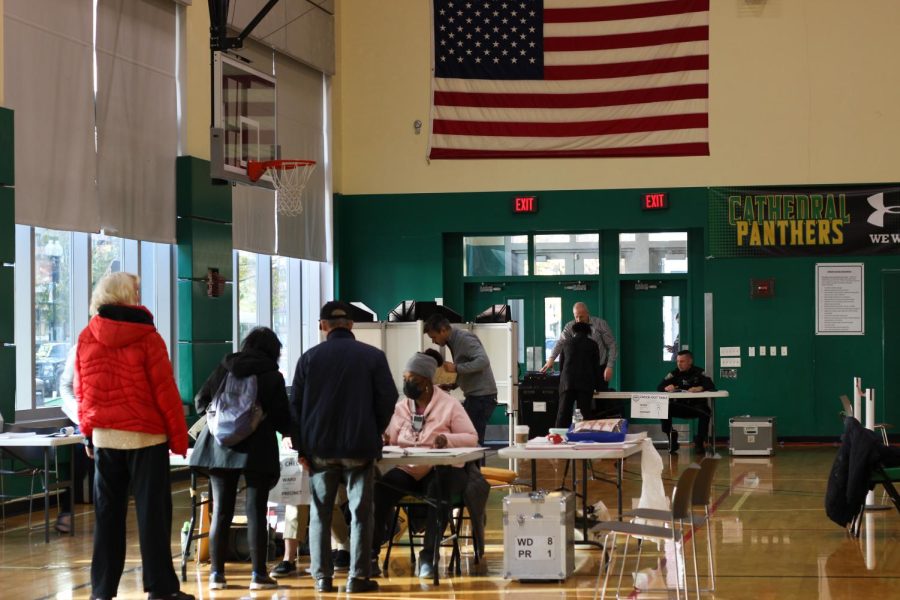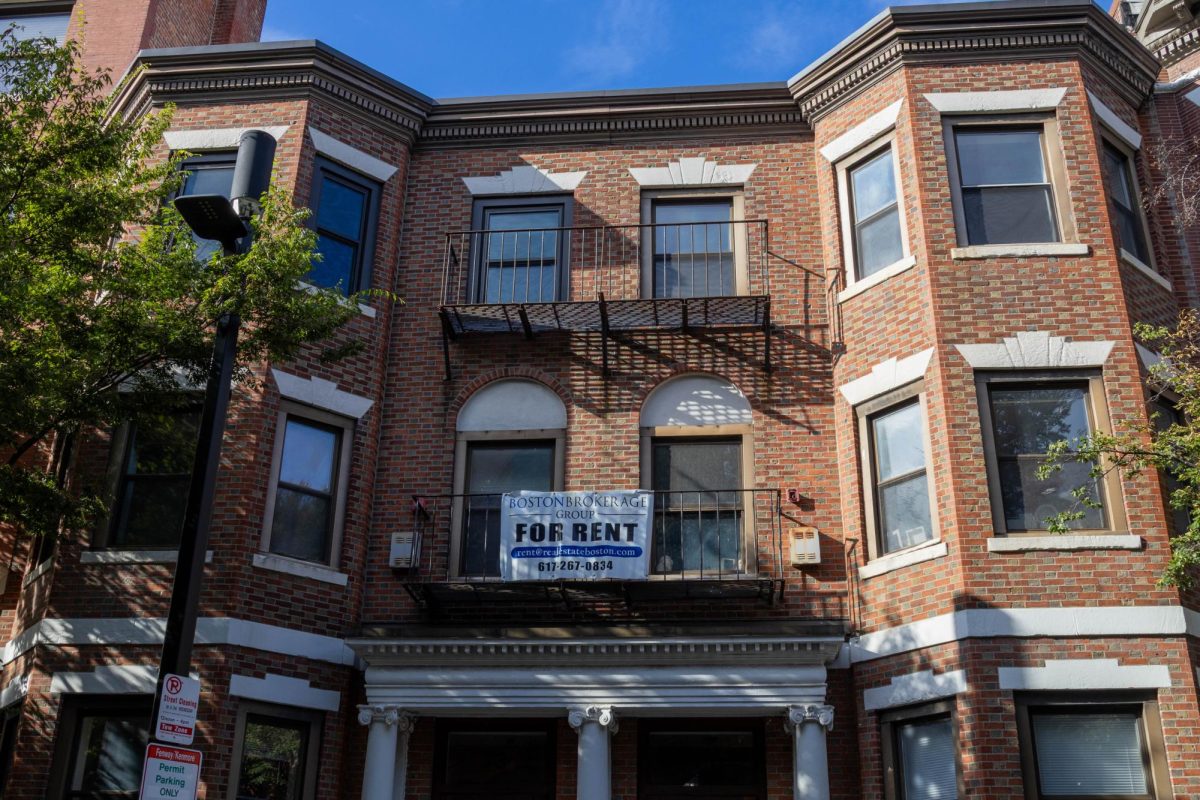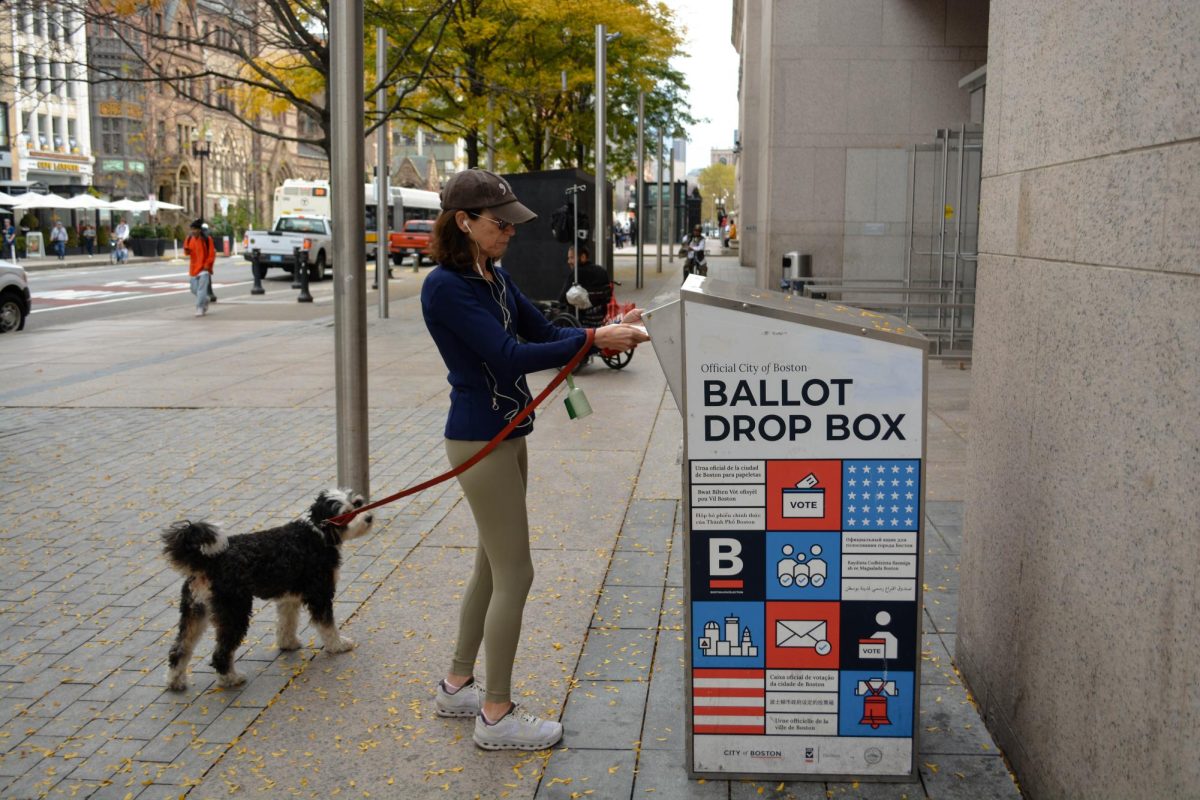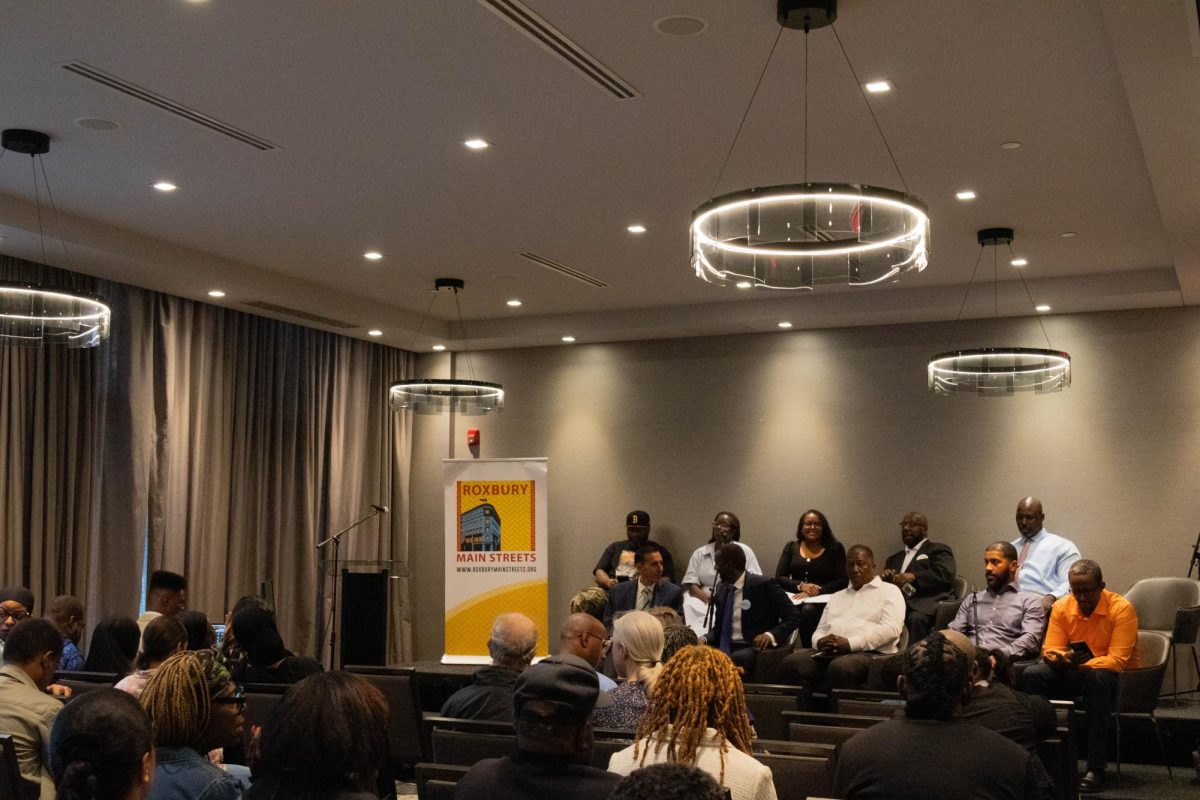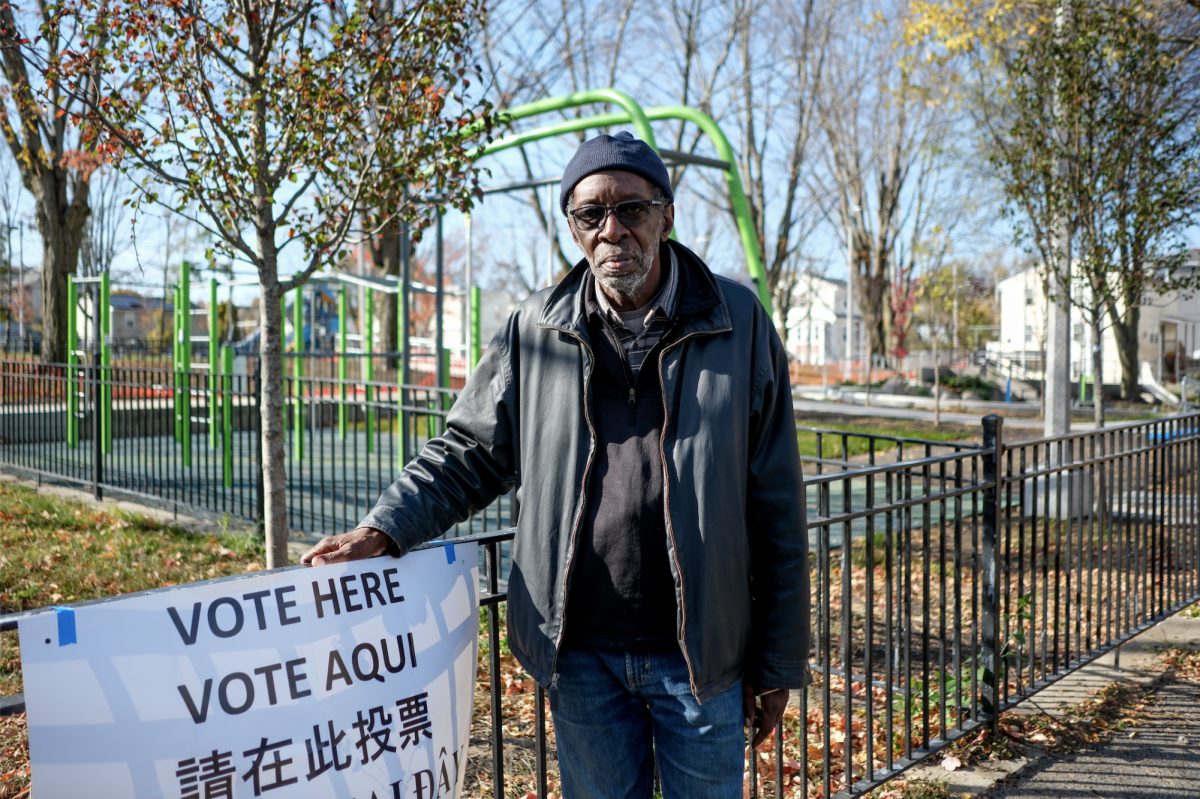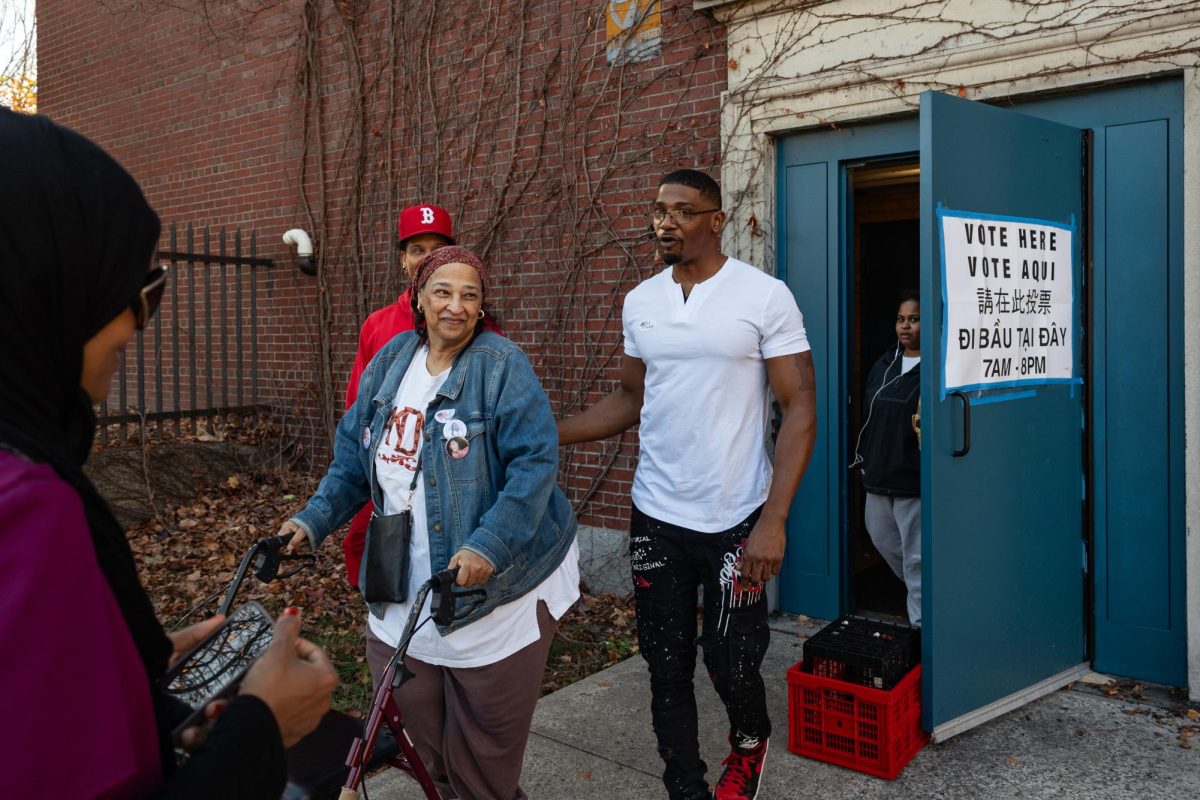The Massachusetts Office of Campaign and Political Finance (OCPF) requires every candidate for political office to report all campaign donations and personal contributions. Boston candidates have only met one deadline so far, which was eight days before the Sept. 9 preliminary election.
The next occurs on Oct. 27, 8 days before voters cast their ballots in the general election. The final is Jan. 20.
Disclosing political funding is a crucial aspect of maintaining public trust and ensuring government transparency. This anti-corruption effort ensures that any money spent from a candidate’s own pocket or donated towards their campaign is accessible information.
While a current City of Boston ordinance says that there is a $200,000 limit on campaign spending for the office of mayor (and $20,000 for City Council), the limits are not enforced after a 1976 Supreme Court case, Buckley v. Valeo. This case states that unlimited campaign spending is constitutional. Nonetheless, campaign finance is regulated by capping individual contributions and enforcing strict disclosure regulations.
During this year’s election cycle so far, incumbent Mayor Michelle Wu spent $1,175,820 on her campaign while her former opponent, Josh Kraft, spent $5,585,616.
Failing to file campaign finance reports results in a fine of $25 per day. This civil penalty is imposed directly on candidates, not their campaigns, and is issued after a local election official, such as a city clerk or an election commission, refers the candidate to the OCPF.
Since the start of the year, Wu accrued $1,889,189.91 in campaign donations, while Kraft raised $6,876,439.62 with significant personal contributions.
Wu’s campaign relied heavily on small donors, with over 14,000 people contributing to her reelection as mayor. Whereas Kraft spent more than $5.6 million of his own money, with the remaining amount coming from more than 2,100 outside donors. Kraft’s unusually large personal campaign investment created the most expensive mayoral race in Boston’s history.
Candidates are not limited on how much money they can donate or loan to their own campaigns for local office. Still, all personal contributions must be recorded on a campaign finance report.
According to the OCPF site, individuals may donate up to $1,000 to a candidate’s campaign per year. Similar to federal elections, contributions to candidates from corporations and other businesses are not permitted. Contributions from PACs or political committees that are not organized with OCPF or local officials, such as federal PACs or those registered in another state, are also prohibited.
Both Kraft and Wu received the majority of their individual contributions from people outside of Boston, at 67% and 56% respectively.
Most of Wu’s spending went to paying her campaign team and purchases of campaign supplies for fundraisers, block parties and volunteers.
Scope staffer Lily Blair did research to support this story.
The Scope is working on an in-depth data analysis of Wu’s donations and spending during this year’s campaign. Visit us again for more reading.



